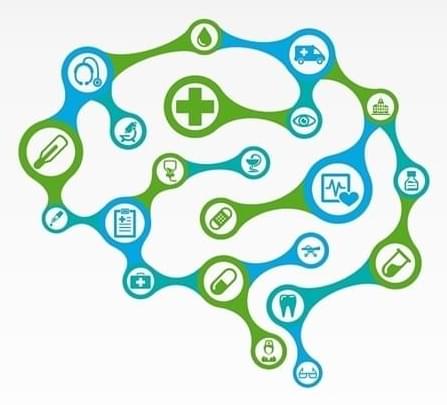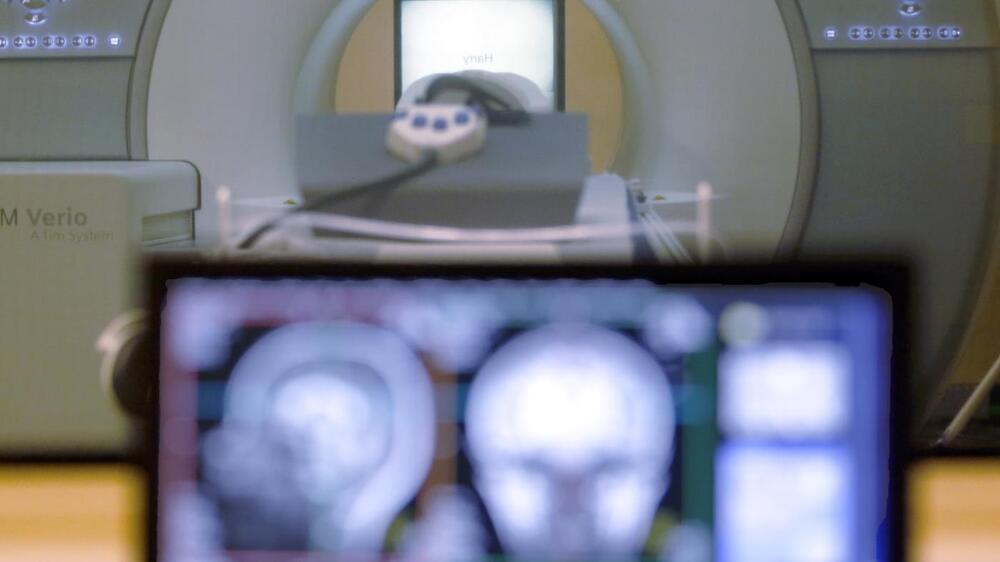
A new supplement that stimulates a natural body process also promotes muscle recovery in humans. New research indicates that urolithin A can play an important role in improving muscles and prolonging activity – this is especially important as muscles decline with age, exposing us to the dangers of frailty.
Longevity. Technology sponsored content: As fast as we are unlocking the secrets of urolithin A we are also discovering obstacles. Urolithin A boosts mitochondrial and muscle function for sure, but it’s a metabolite, meaning it is made by the body from raw materials that we get from fruits, especially pomegranates; however, not everyone can make sufficient quantities of this antiaging molecule, and that’s where Mitopure steps in.
It seems to be universally accepted that the older we get, the more easily we get tired and the less energy we have – but perhaps it doesn’t have to be this way. The secret lies in our mitochondria, tiny organelles that pack a mighty punch when it comes to energy production. These minute powerhouses take oxygen and glucose and create a chemical called adenosine triphosphate (ATP) and this is the energy our bodies use for movement, growth and repair.


















